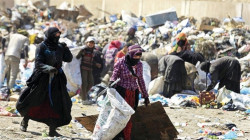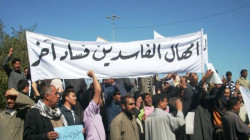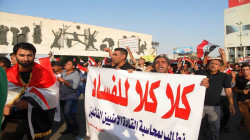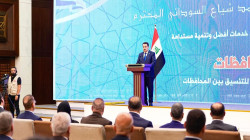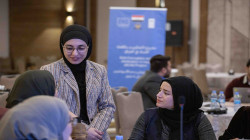Iraq's poverty crisis: Corruption and conflict at the core
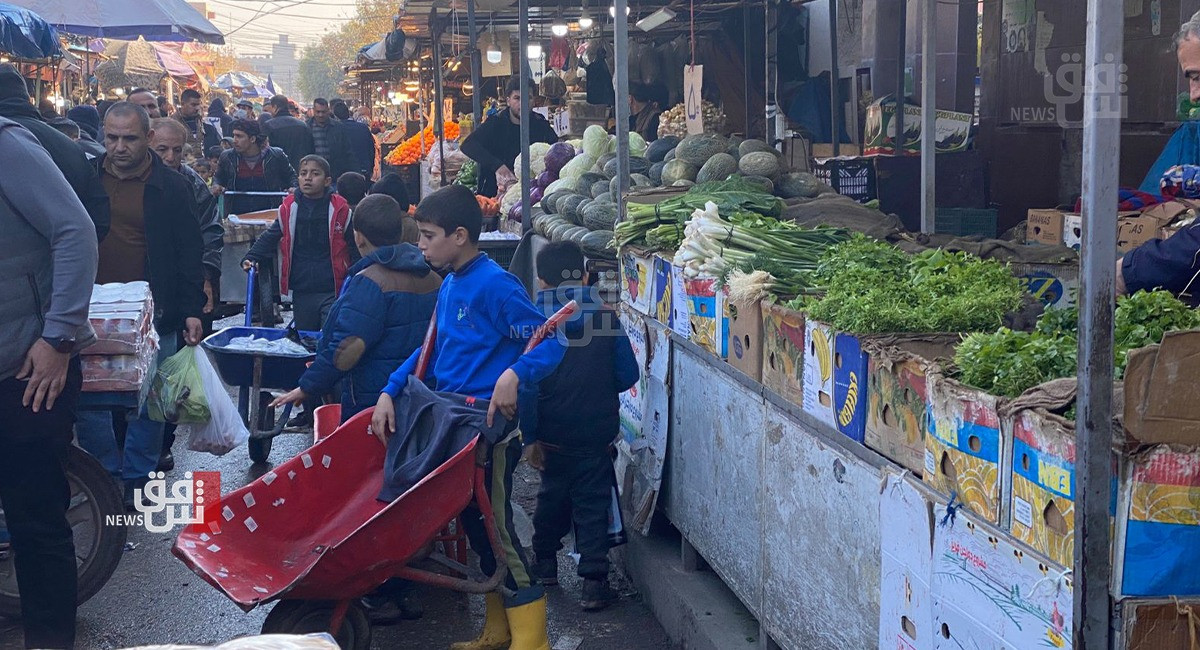
Shafaq News/ Iraq's economic situation has deteriorated in recent years due to a series of compounded crises. The war against ISIS left a trail of destruction and displacement, while the COVID-19 pandemic added further strain on the country's already fragile economy. In addition to these challenges, administrative corruption, public fund mismanagement, and weak transparency and accountability mechanisms have contributed to the ongoing economic hardship. Furthermore, Iraq's vital agricultural, livestock, and fisheries sectors are severely impacted by climate change, threatening many of the country's most important industries and livelihoods.
While government efforts have been made to improve infrastructure and housing, rampant corruption and ongoing conflict continue to exacerbate poverty and hinder meaningful reform.
Current Poverty Statistics
In July, the Strategic Center for Human Rights in Iraq (SCHR) reported that more than ten million Iraqis, or approximately 25% of the population, are currently living below the poverty line.
Hazem Al-Rudaini, vice president of SCHR, noted that despite significant government efforts to improve infrastructure and housing, poverty and unemployment remain persistent.
He explained that "while the Ministry of Labor provides financial aid to two million families through its Social Welfare Department, over one million additional families are eligible for support. Unfortunately, the 2024 budget does not allocate new funds for the social protection network. With Iraq's population around 43 million, over ten million people are experiencing economic hardships."
Extreme Poverty vs. General Poverty
The Ministry of Planning has differentiated between extreme poverty and general poverty. Abdul Zahra Al-Hindawi, the ministry's spokesperson, explained that "extreme poverty—where an individual's income falls significantly below the norm, and their food security and other essentials are severely threatened—is relatively rare in Iraq, with a rate between 1.5% and 2%."
"In contrast, general poverty, which involves individuals struggling to meet basic needs but still managing some subsistence, affects about 20% of the population."
According to Al-Hindawi, "The ministry is developing its third five-year strategy for poverty alleviation, focusing on improving services in health, education, housing, and income levels."
Notably, The Ministry of Planning has previously reported that Iraq is home to 4,000 slums, sheltering around 3.06 million people.
Debate on Poverty Figures
Economic expert Hilal Al-Taan has challenged the Ministry of Planning's poverty figures, arguing that "the actual poverty rate in Iraq is between 30% and 35%, higher than the official estimate of 20%."
Speaking to Shafaq News Agency, Al-Taan attributed this discrepancy to several factors, including the prolonged war, economic sanctions that isolated Iraq from the global economy, and mismanagement of the country's wealth.
He criticized the government's social safety net, describing it as "inadequate and temporary," emphasizing the need for long-term solutions such as "revitalizing industries, improving infrastructure, and enhancing the agricultural sector to reduce unemployment and poverty."
It is noteworthy that official data revealed that approximately three million Iraqis currently receive monthly financial aid from the government. However, the total number of those eligible for assistance is around nine million, far exceeding what the government can support due to budget constraints.
Main Poverty Causes
Unemployment, poor wealth distribution, and widespread corruption are among the primary causes of poverty in Iraq, according to economic expert Dhurgham Mohammed Ali.
Ali emphasized to Shafaq News Agency that "administrative and financial corruption, a rentier economy, limited development opportunities, and the lack of a strong private sector have all contributed to the worsening poverty situation. Additionally, overcrowded cities due to poor urban planning in recent years have intensified these issues."
Ali suggested that addressing poverty requires a comprehensive approach. "The solutions lie in implementing e-government procedures, fighting corruption more effectively, recovering stolen funds, and using them to develop industrial cities and projects that can reduce unemployment. Increasing the appeal of investments and promoting developmental investments are also crucial steps."
Unemployment Crisis
Unemployment also remains a significant issue, with over 1.65 million registered unemployed individuals. SCHR's vice president urged the government to adopt a strategic five-year plan to bolster national industries and agriculture, reduce imports, and create job opportunities.
Al-Rudaini also pointed to the influx of foreign labor, with nearly one million foreign workers in Iraq, of which only 40,000 are officially registered with permits.
He further called for reintroducing vocational high schools specializing in agriculture, industry, and commerce, discontinued after 2003.
Government Measures
In July 2023, Iraqi Minister of Labor Ahmed Al-Asadi announced that government initiatives had improved Iraq's ranking on the global poverty index by 20 places. "According to the United Nations, Iraq moved from 86th to 66th place due to recent measures aimed at alleviating poverty."
Al-Asadi emphasized that the government's efforts are ongoing, stating, "We will continue our work until Iraq reaches even more advanced stages in combating poverty."
